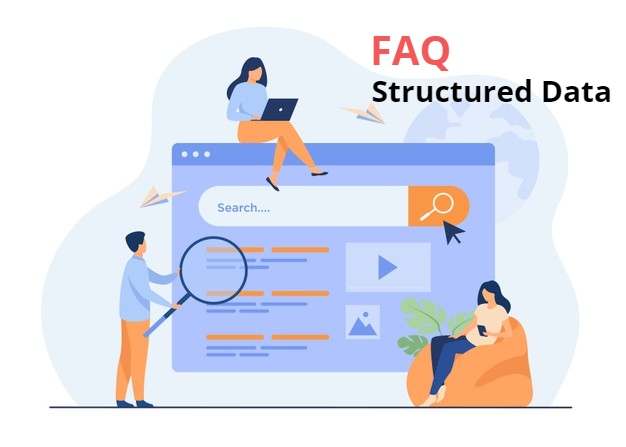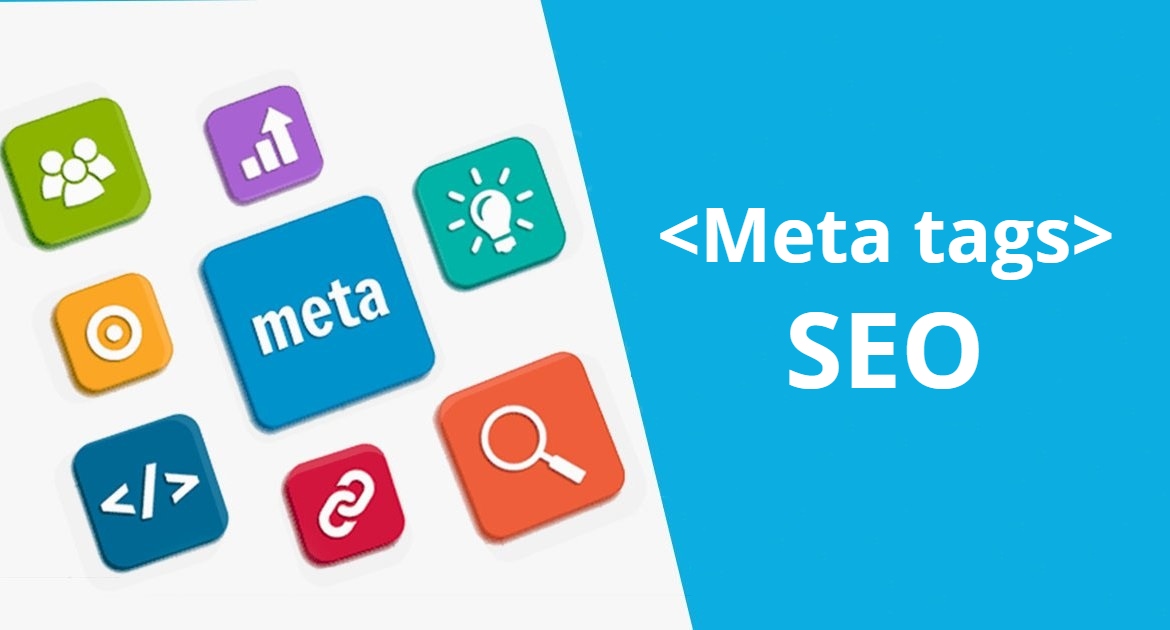Optimize Your Website to Get Ranked for “People Also Ask” Results on Page 1 of Google Search

No doubt you’ve probably seen a lot about the importance of meta tags, keywords, titles, descriptions, heading tags, etc. when it comes to Google search results. Perhaps you’ve been intentional about implementing these with your site, along with publishing some content. Both are wise and needed, but there are some other ways to outrank your competitors on search engine results pages (SERPs), too. Keep reading to learn more!
After the economic chaos your business has likely experienced over the past year, it’s important for you to approach 2021 with an even firmer commitment towards engaging more users and generating more leads. In this week’s blog from Cibirix, we’ll look at how you can also optimize your website to appear in Google’s “People Also Ask” SERP boxes!
For getting ranked to the point that your business starts showing up in the “People Also Ask” box, you need to understand how to optimize your website for question-and-answer searches. One great strategy for achieving this is to create and publish a robust FAQ (Frequently Asked Question) section on your website.
FAQ pages and sections are essential resources to include on pretty much any and every website, from eCommerce siters to local professional service providers, and from blogs to purely informative sites. Providing FAQs allows your users to get the information they want by finding answers to the questions they’re really asking, all while interacting with your website, learning more about your business, and being led to purchase from you. And in addition to its business-generating potential, another benefit of having a FAQ section is its ability to cut down on direct customer service inquiries. How? Because well-designed FAQs allow your users to be able to answer their own questions and get the information they’re looking for, without the need for interacting with a customer service agent!
And FAQs do more than just help your users. Properly-researched, properly-phrased FAQs are also helpful for your site’s SEO performance. In designing your FAQs and answers, it’s important to understand what kind of structure Google is looking for in terms of how it ranks sites. But before you get to that step, you must first understand what questions people are actually asking of businesses located within your niche. In-depth research will be needed if you are to identify these questions, as well as be able to answer them correctly for your searchers and users. A well-optimized Q&A section can then become an important component of your overall marketing strategy.
What Are the Benefits of Optimizing Your Webpage for Questions & Answers?
Identifying – and then answering – some of these most common questions while also targeting your main keywords can result in many significant benefits in terms of business SEO for you:
- Improve your organic ranking on Google SERPs by providing the needed content and context for responding to your users’ intent.
- Enhance your users’ experience on your website and make their customer journey easier by leveraging Q&As properly. Improved UX and CX ultimately results in higher conversion rates for your business!
- FAQs help to reduce your site’s bounce rate; this is another important ranking factor for SEO purposes.
- FAQs demonstrate to Google that you’re an expert in your field, especially regarding the topics you choose to cover.
- FAQs can enhance your Local SEO related to GMB (Google My Business) searches and results.
- A solid FAQ section helps you to rank on People Also Ask, Featured Snippets, and other related “fraggles” on Google SERPs.
- FAQs can also increase the amount of User-Generated Content (UGC) that’s being added to (and associated with) your website, as well.
Already got an FAQ section on your website, but still not seeing the SEO results you’d like? Here are some more targeted tips you can follow to help boost your rankings:
1. Perform an Audit
Your website FAQ section should include answers to common questions for which users are actually searching. That sounds simple enough, but just because it sounds simple doesn’t necessarily mean it’s easy. It’s important to do your due research & homework in order to uncover the data you really need. Here are some people and resources you should tap into with your audit:
- Your Team Members: One of the best places to start is with your people! Your customer service specialists and sales team members are really some of your best assets in understanding what problems your customers face, and what answers they’re really looking for! Your front line folks are out there interacting with your users, leads, customers, and clients daily, and they’ve probably heard nearly every question in the book. Meet with your team members, pick their brains, and ask for their insights! And don’t just make this a one-time affair; reach out to your team on a regular basis. They’ve already got many of the insights you need, and by involving them in the customer engagement solution you’ll also be boosting their level of employee engagement. Win-win!
- Forums: If there’s not much data or history of users directly interacting on your site about your business niche, then forums like Reddit, Quora, Answers.com, etc., can help you to identify key trends related to your industry, along with what issues are common to your users and searchers.
- Research Audience: Interviews, comments, customer surveys, and follow-up emails are all great resources for you, if you’ll simply use them. One of the most potent ways to learn what users and consumers in your niche want to know is to ask them! Get as much information as you can, directly from the source!
- People Also Ask Boxes: People Also Ask boxes show the questions that people most commonly ask of Google related to your business niche. These are incredibly relevant in terms of helping you to decipher your users’ search intent for a particular keyword or phrase. Good research around People Also Ask results can also help you to find and leverage the right targeted keywords for bridging the gap between a user’s search question and your published FAQ page.
- Website Search Queries and Chat Logs: You can get better results by exploring website search queries and chat log data, too. This is an indirect form of conducting audience research which will help you make better decisions when building or adding to your existing FAQ page.
2. Give Correct Answers, and Give Answers That Are as Complete as Possible
Once you’ve compiled your list of common FAQ questions based around your targeted keywords, now work to provide a correct, well-explained answer to each and every question. Not sure about the best way to answer certain questions? Again, take advantage of your internal resources (sales team, customer representatives, etc.) as well as external resources like whitepapers and other websites. Some of the FAQ answers may already be present on your website, and on your blog page in particular. You simply need to mine this content and correctly rephrase the answer for FAQ purposes, and also for avoiding any possible search engine penalties for having duplicate content published on your site.
3. Implement Structured Data
Want to get a leg up on your competition? Then present your FAQ results better than what your competitors are doing (or aren’t doing). Add some structured data to your FAQ section to make your results more visually appealing for users, as well as more attractive for SERP algorithms. Google has resources to guide in you in the best ways to add structured data, too.
Also structure your content in a manner that it will be just as easily accessed by Google Assistant as it would through a typed Google Search. And when implementing structured data for FAQs, don’t confuse that with Q&A page markup needed for access by sites like Quora and other forums where users can submit their answers to questions. It’s important to learn how that works too, and there are helpful, in-depth markup tips from resources like FAQ Developer.
4. FAQ Pages Are Part of the UX Equation
Visualization isn’t just some sort of new trend. Pictures, graphics, and videos have long been understood as a more effective way to explain concepts, make learning easier, and generate more attention and engagement. Implement some well-designed graphics, banners, and videos to enhance both the visual appeal and the UX factor of your FAQ page.
5. Optimize Meta Tags for Your FAQ Page
Optimizing your meta tags is crucial; you can add topic-relevant keywords into every FAQ web page’s meta description and meta title tags. Title tags show search engines what the page is about, and also help guide users to learn what content they’ll find on your page. Properly utilization of meta descriptions aren’t just important for ranking factors; they can really help you with your website click-through rates, too.
Optimizing for Q&As is One Key to an Effective, Comprehensive SEO Strategy
Don’t miss the importance of the human connection, and the human touch. At the end of the day, you’re not trying to engage a computer or a search engine – you’re trying to engage with real humans who are asking real questions. To that end, having some helpful Q&A sections and well-designed FAQ pages can be a HUGE asset for your online business presence. Ready to learn more about understanding your audience’s needs & concerns, proper implementation of SEO strategies, and how to stay at the top of those all-important SERPs? Cibirix is here to help! Connect with us today, and let’s partner to help your business Rise Digitally so it can see some real GROWTH!
About Author
Amrita Khandelwal
Amrita is one of the professional SEO analyst for the Cibirix marketing team. She applies her in-depth knowledge and experience to help boost website rankings for both our B2B and B2C business clients, ultimately producing more traffic for their sites. She is intentional about creating an individualized link-building strategy that’s not just creative, but ethical as well – she’s always careful not to violate any of Google’s SEO policies. Amrita believes in building links which will elevate our clients’ respective brands both effectively and sustainably. During her spare time between SEO projects, Amrita loves to read books and follow blogs related to nutrition and yoga.






